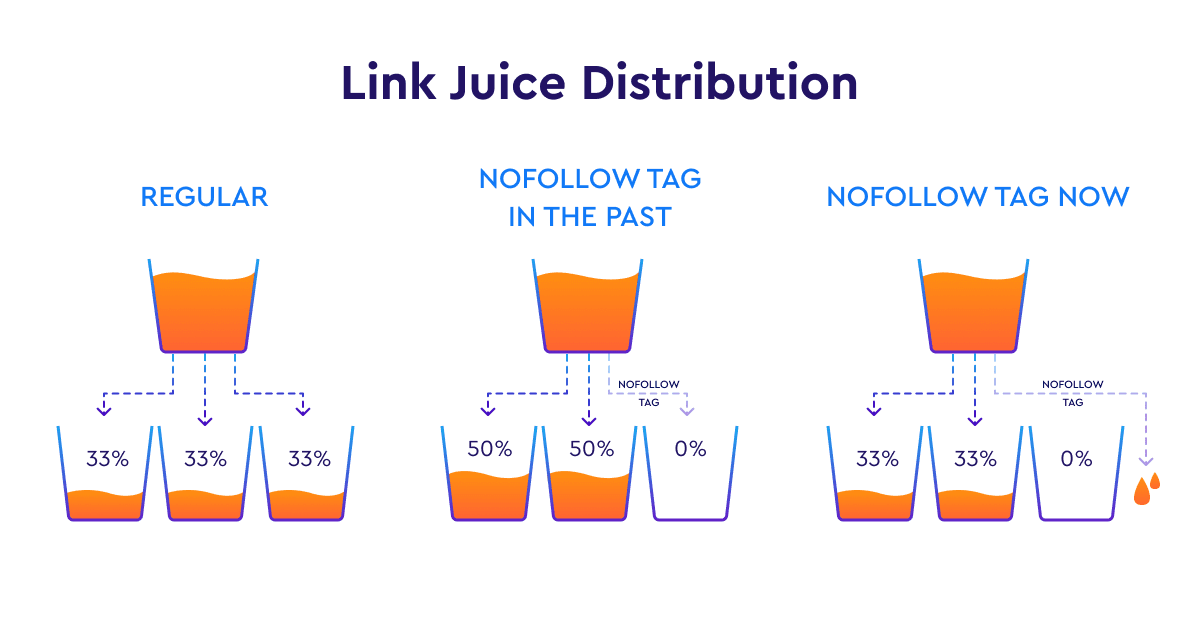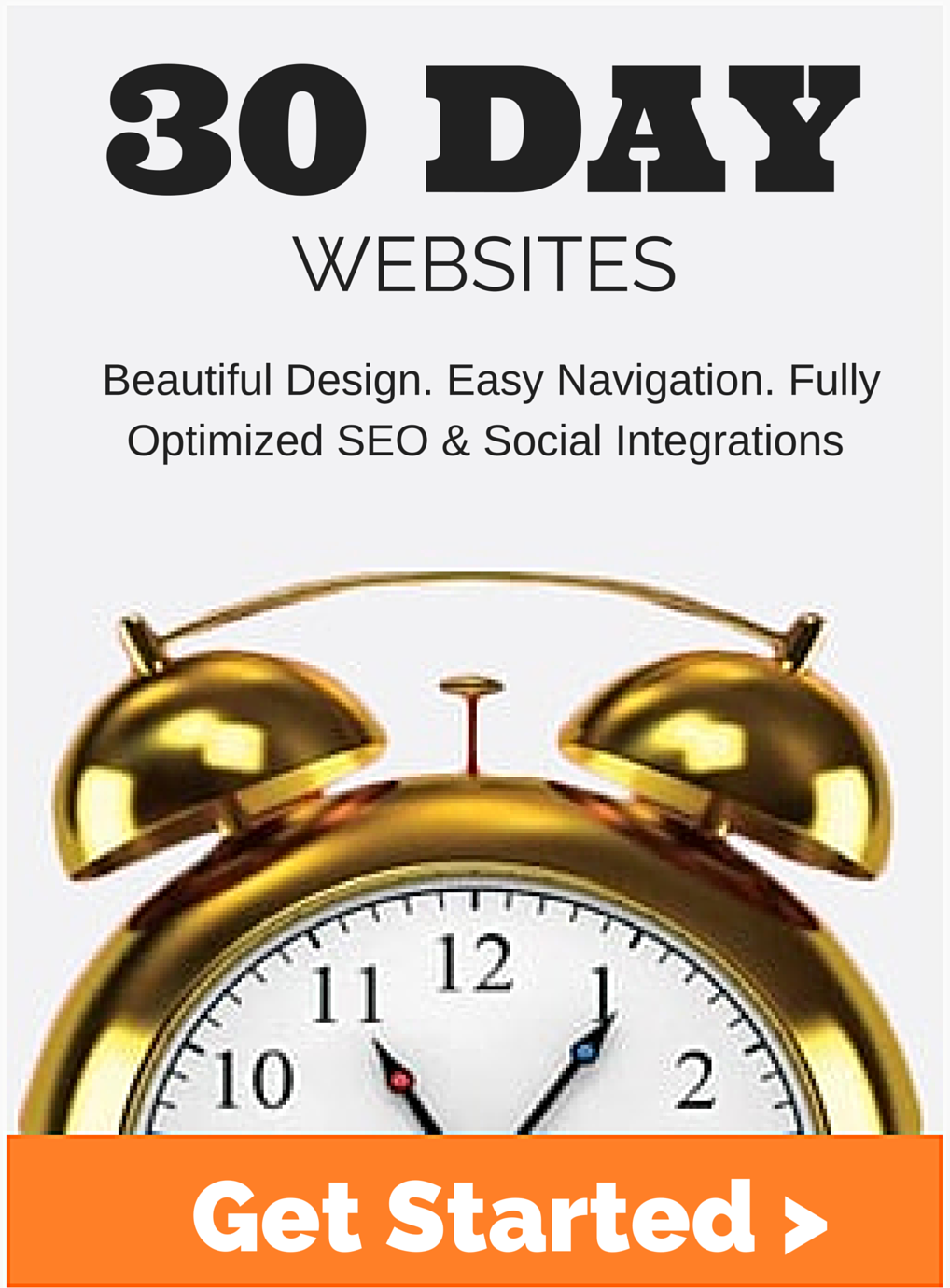Why Use Nofollow Link Tag on Outgoing Links?

Link building is all about getting other websites to link to pages on your own site.
It’s called link juice.
It’s an incredibly strong popularity power your website will obtain over time.
But, if you get some incoming traffic and those visitors go through your site to get to another, some of that link juice travels with the traffic and only a little stays behind…. this is when you want to use nofollow.
Nofollow is an option to not have your traffic power flow through your page to another site.
It would be best to use nofollow links when you do not wish to pass on any of the ranking power (link juice) to the website.
In simple words, the nofollow links tag will prevent the credit from being passed to other websites linked to your website.

The more link juice, the more power your site will have.
When to Use Nofollow Links
Here are the most common reasons to use nofollow links:
- Linking to a page you don’t want to endorse. If you don’t want to be associated with the linked page (e.g., you need to link to a gambling website but don’t want to “endorse” it), use
rel="nofollow". - Sponsored/paid links. If the link is sponsored or purchased in any way, use
rel="sponsored". This applies to both inbound and outbound links. - Affiliate links. Similarly, for affiliate links pointing to or from your website, use
rel="sponsored". - User-generated content. For links created by users on your website, such as links in comments or forum discussions, use
rel="ugc".
So, you might be asking, why would I EVER want to allow the links to take any juice with them? Wouldn’t I want to use nofollow links for all my outgoing links?
Good question.
When to Use DoFollow Links
The answer: Google (and other search engines) actually use links on your site as a key ranking signal but they ONLY COUNT DOFOLLOW links in their algorithm. Every time you insert a dofollow link on your site, it can point back to you, which strengthens your authority by showing search engines what other sites, blogs, and posts are linking to you.
In fact, according to Google, nofollow links don’t pass any PageRank. So, if a link doesn’t send PageRank (aka “link authority”) your way, it’s not going to help your Google rankings.
Just remember, follow links are links that count as points, pushing SEO link juice and boosting the page rank of the linked-to sites.
Use dofollow links for sites that you support, have great authority, are not too massive that
Here are two common examples of when not to use nofollow:
- Don’t use Nofollow links for ALL external links. You should have links that go to other sites with dofollow links and you shouldn’t use the nofollow tag for all links pointing out from your site. It doesn’t help your website (and may even hurt it).
- Don’t use Nofollow for internal links. Make sure you are always using dofolllow links for all your internal links. If you don’t want a certain page to be crawled or indexed, there are better ways to achieve it, such as robots meta tags.









